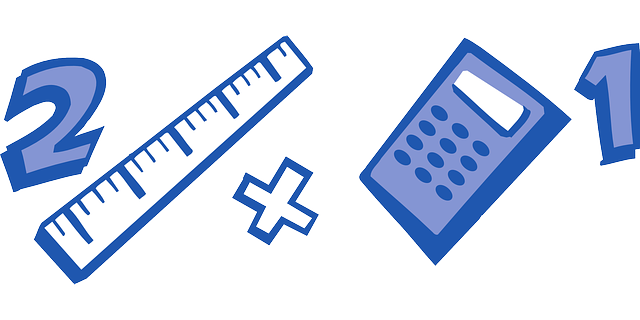Addiction treatment centers accepting Medicaid face unique challenges due to high co-occurring disorder rates. Mental Health First Aid (MHFA) training equips staff to recognize and respond to mental health crises, preventing escalations and improving patient outcomes. By integrating MHFA with evidence-based practices like crisis intervention and stress management workshops, these centers enhance their holistic care, effectively addressing addiction and underlying mental health concerns for Medicaid patients.
Mental health first aid (MHFA) training equips individuals with the skills to identify and support those experiencing mental health crises. This article explores how MHFA is transforming addiction treatment, particularly within Medicaid-accepted centers. We delve into the signs and symptoms of common mental health emergencies, highlighting the vital role MHFA plays in early intervention. By training staff and clients alike, these centers foster a supportive environment, better equip individuals to navigate challenges, and ultimately enhance recovery outcomes for those seeking addiction treatment.
- Understanding Mental Health Emergencies: Signs and Symptoms to Watch For
- The Role of Mental Health First Aid Training in Addiction Treatment Centers
- How Medicaid-Accepted Addiction Treatment Centers Can Benefit from MHFA Training
Understanding Mental Health Emergencies: Signs and Symptoms to Watch For

Mental health emergencies can manifest in various ways, and recognizing them is a crucial step in providing timely support. Individuals struggling with their mental well-being may exhibit a range of signs and symptoms, often requiring intervention before they escalate. These can include sudden changes in mood, intense feelings of anxiety or depression, severe panic attacks, and unusual behavior that deviates from their usual self.
For those in addiction treatment centers that accept Medicaid, understanding these indicators is paramount. Many clients may be dealing with co-occurring disorders, where mental health issues and substance abuse coincide. By being vigilant for signs like increased irritability, aggression, or a severe drop in energy levels, care providers can ensure proper intervention. This proactive approach promotes a safer environment and enhances the effectiveness of recovery programs, including mindfulness techniques for stress relief and nutrition planning services for optimal health recovery, ultimately fostering a stronger foundation for sobriety support.
The Role of Mental Health First Aid Training in Addiction Treatment Centers

Mental Health First Aid (MHFA) training is transforming addiction treatment centers by equipping staff with the skills to identify and support individuals experiencing mental health crises. For addiction treatment centers that accept Medicaid, this training is invaluable. MHFA programs teach professionals to recognize signs of common mental health issues, such as anxiety, depression, and psychosis, which are often comorbid with substance use disorders. This enables them to offer immediate assistance, potentially preventing escalations and promoting better patient outcomes.
By integrating MHFA into their practices, these centers can provide more holistic care, addressing not just the addiction but also the underlying mental health concerns. This dual approach is crucial in treating co-occurring disorder treatment options, where both conditions require simultaneous management. Moreover, evidence-based medications for withdrawal management and other treatments are more effective when coupled with MHFA training, fostering a supportive environment that enhances addiction recovery.
How Medicaid-Accepted Addiction Treatment Centers Can Benefit from MHFA Training

Mental Health First Aid (MHFA) training can significantly benefit Medicaid-accepted addiction treatment centers by equipping their staff with the skills to recognize and manage mental health crises. These centers, often dealing with individuals facing co-occurring disorders or those transitioning from acute care to recovery, can enhance their services through MHFA initiatives. By implementing this training, staff members become better equipped to provide immediate support, potentially reducing the severity of crises and improving client outcomes.
Addiction treatment centers that accept Medicaid can leverage MHFA to foster a more holistic approach to patient care, especially as many individuals struggling with addiction also deal with anxiety, depression, or other mental health concerns. Crisis Intervention Training and Stress Management Workshops for Addiction Recovery are valuable components that align with MHFA principles, promoting healthy habits in early sobriety and improving long-term recovery rates.
Mental health first aid (MHFA) training is a valuable asset for addiction treatment centers, especially those accepting Medicaid. By equipping staff with the knowledge to recognize and respond to mental health emergencies, these facilities can significantly enhance patient care. This holistic approach not only benefits individuals struggling with addiction but also ensures that crisis situations are managed effectively, fostering a safer and more supportive environment. With MHFA training, Medicaid-accepted addiction treatment centers can truly revolutionize their services and make a lasting impact on the lives of those seeking help.






